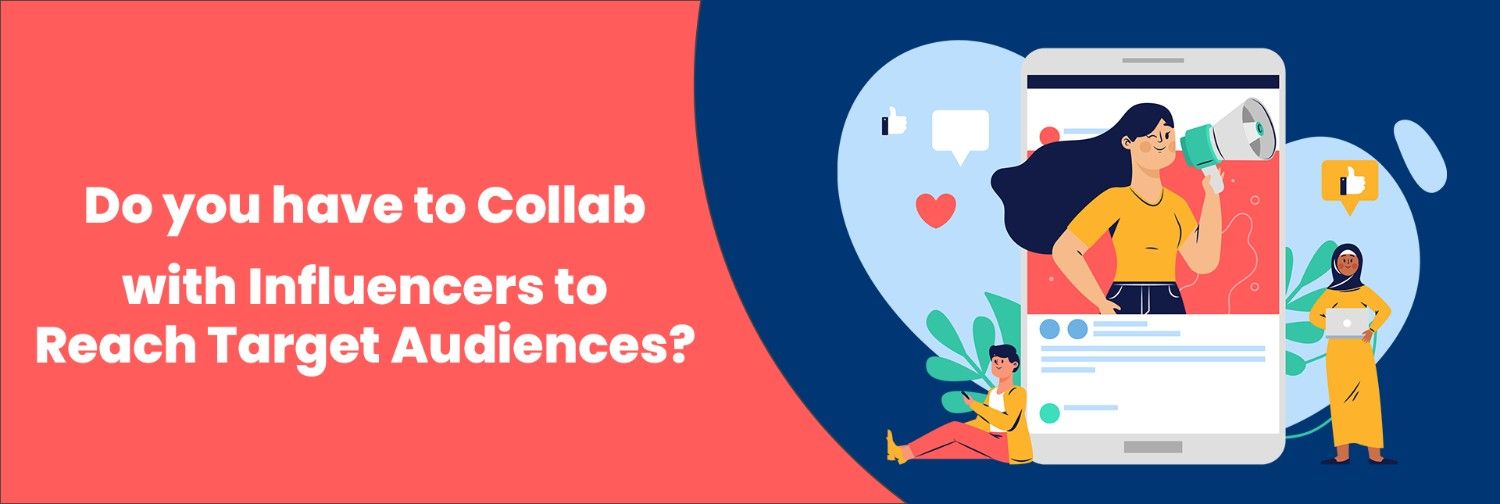“Transform Your Digital Marketing Efforts with the Power of Personalization”
Personalised marketing is a data-driven approach that aims to offer an optimised marketing experience to target audiences and existing customers. By leveraging customer data, brands can deliver tailored brand messages and offers, create unique customer experiences, and increase customer loyalty. Key trends include using individual data at inbound customer touchpoints and real-time customer data to enhance engagement. Creating personalised experiences has become the Holy Grail of digital marketing, allowing brands to connect with customers on a personal level and increase satisfaction.
Maximising Results: The Benefits of Personalized Marketing
Personalised marketing benefits both businesses and consumers. It enhances the customer experience and increases brand awareness, customer loyalty, and lifetime value. For businesses, it facilitates lead nurturing, social sharing, and brand affinity. Consumers enjoy a more relevant and engaging experience that caters to their needs and preferences. By leveraging targeted email campaigns and content curation, businesses can connect with their audience, build stronger relationships, and drive growth.
Unlocking Success: How to Implement a Personalized Marketing Strategy for Your Business
Personalised marketing has become a crucial component of any successful marketing strategy. By tailoring your approach to individual customers, you can increase engagement and build stronger relationships with your audience. But how can you implement a personalised marketing strategy effectively? Here’s a step-by-step breakdown:
- Ensure you have the right technology in place to support your personalised marketing strategy.
- Collect as much customer data as possible to inform your strategy.
- Create customer personas based on the data you have collected, and map out content accordingly.
- Create personalised content for each persona.
- Leverage data to personalise the customer experience and identify the ideal customer using segmentation.
- Plan your content library and use automation tools to deliver personalised messages at scale.
By following these steps, businesses can successfully implement a personalised marketing strategy that delivers relevant and engaging experiences to their customers
Data-Driven Success: Effective Strategies for Collecting Customer Data to Enhance Personalized Marketing
Collecting customer data is a critical component of any successful personalised marketing strategy. By leveraging the right data, businesses can deliver tailored experiences that resonate with their audience. Here are some effective strategies for collecting customer data:
- Enhance customer experiences with data.
- Send personalised emails to customers.
- Create meaningful opt-in forms and thank you pages.
- Start small and be clear about your intentions when collecting customer data.
- Identify timeframes and goals for your data-driven marketing strategy.
- Use a personalization strategy to know which data to collect and how to use it to increase digital marketing performance.
Data-Driven Success Stories: Major Brands That Are Excelling at Personalized Marketing
- Coca-Cola’s successful use of personalised marketing strategies, such as the ‘Share a Coke’ and ‘Taste the Feeling’ campaigns, has increased customer engagement and loyalty. In addition, personalised e-commerce content based on customer preferences has also played a key role in their success.
- Nike’s successful use of personalization strategies, such as the launch of NIKEiD customization platform and data-driven expansion, has led to increased customer engagement and loyalty. The platform allowed consumers to create unique footwear and personalise it with their favourite colours, name, or number, before even hitting retail stores. This created a seamless online and offline experience for customers, contributing to Nike’s success.
- Cadbury has successfully implemented personalised marketing strategies to increase customer engagement and loyalty. One example is the “Cadbury Dairy Milk” personalised packaging campaign. Cadbury also used personalised email marketing and created tailored content for different customer segments. By using these strategies effectively, Cadbury has been able to increase brand loyalty and customer satisfaction.
In conclusion, personalised marketing has become a powerful tool for brands to increase customer engagement and loyalty. By collecting the right customer data and implementing effective personalization strategies, businesses can deliver relevant and engaging experiences to their customers, making them feel valued and connected to the brand.
Examples of major brands such as Coca-Cola, Nike, and Cadbury show how personalised marketing has been successfully implemented to create emotional connections with customers and increase brand loyalty. As technology continues to evolve, personalised marketing will continue to be a vital aspect of digital marketing strategies for businesses of all sizes.







